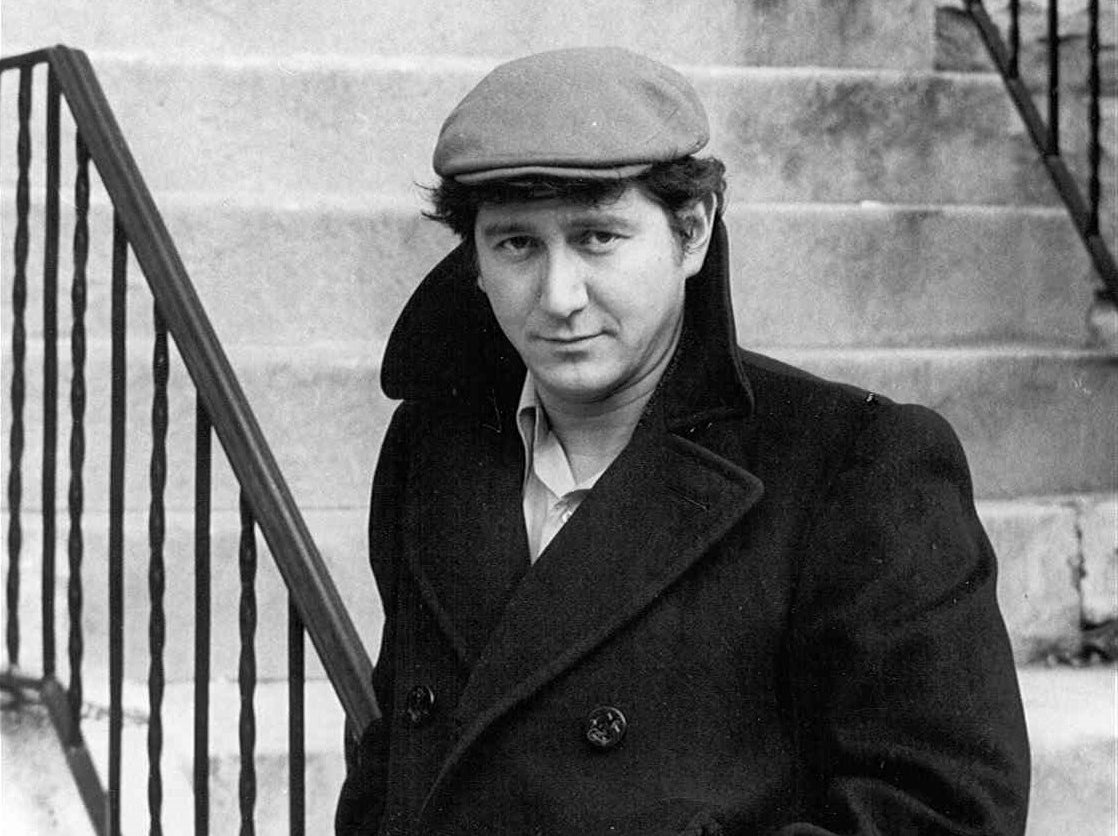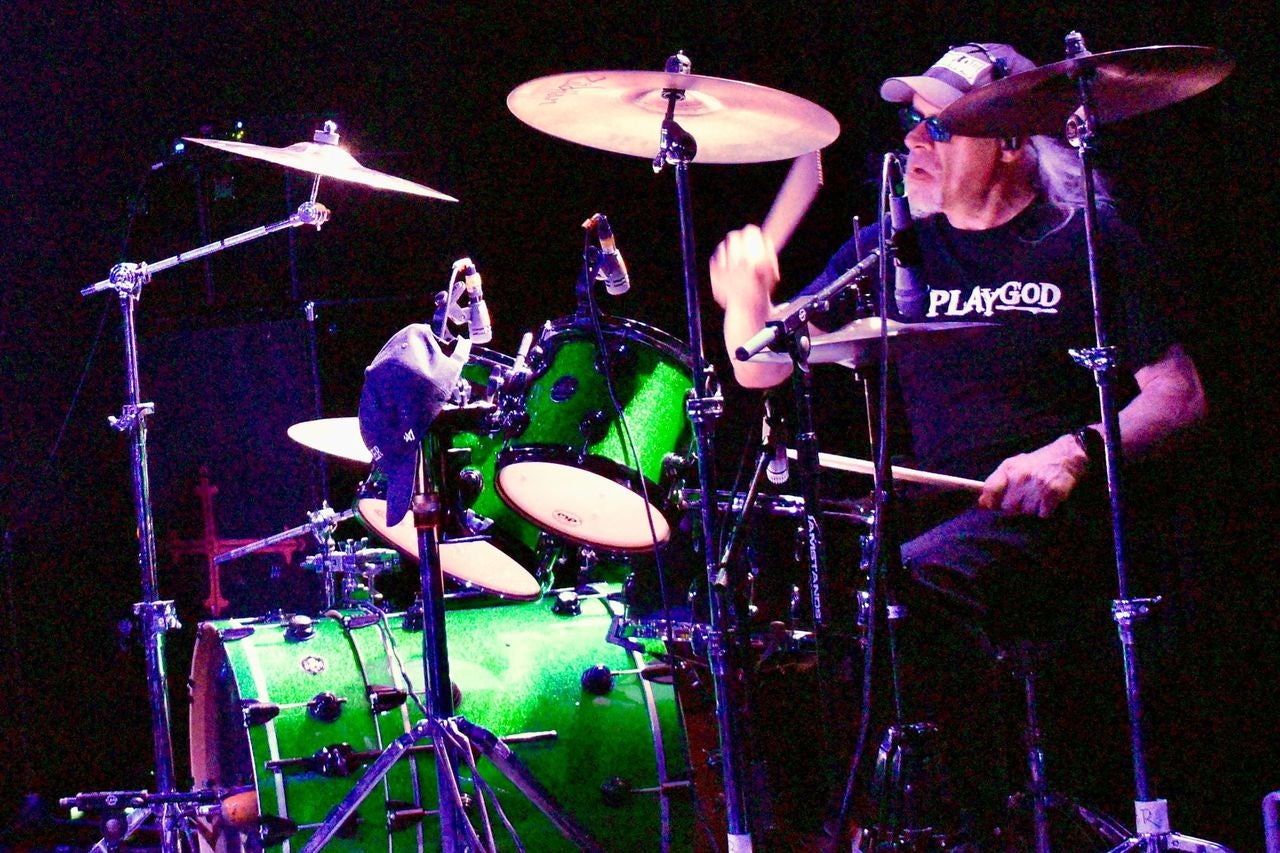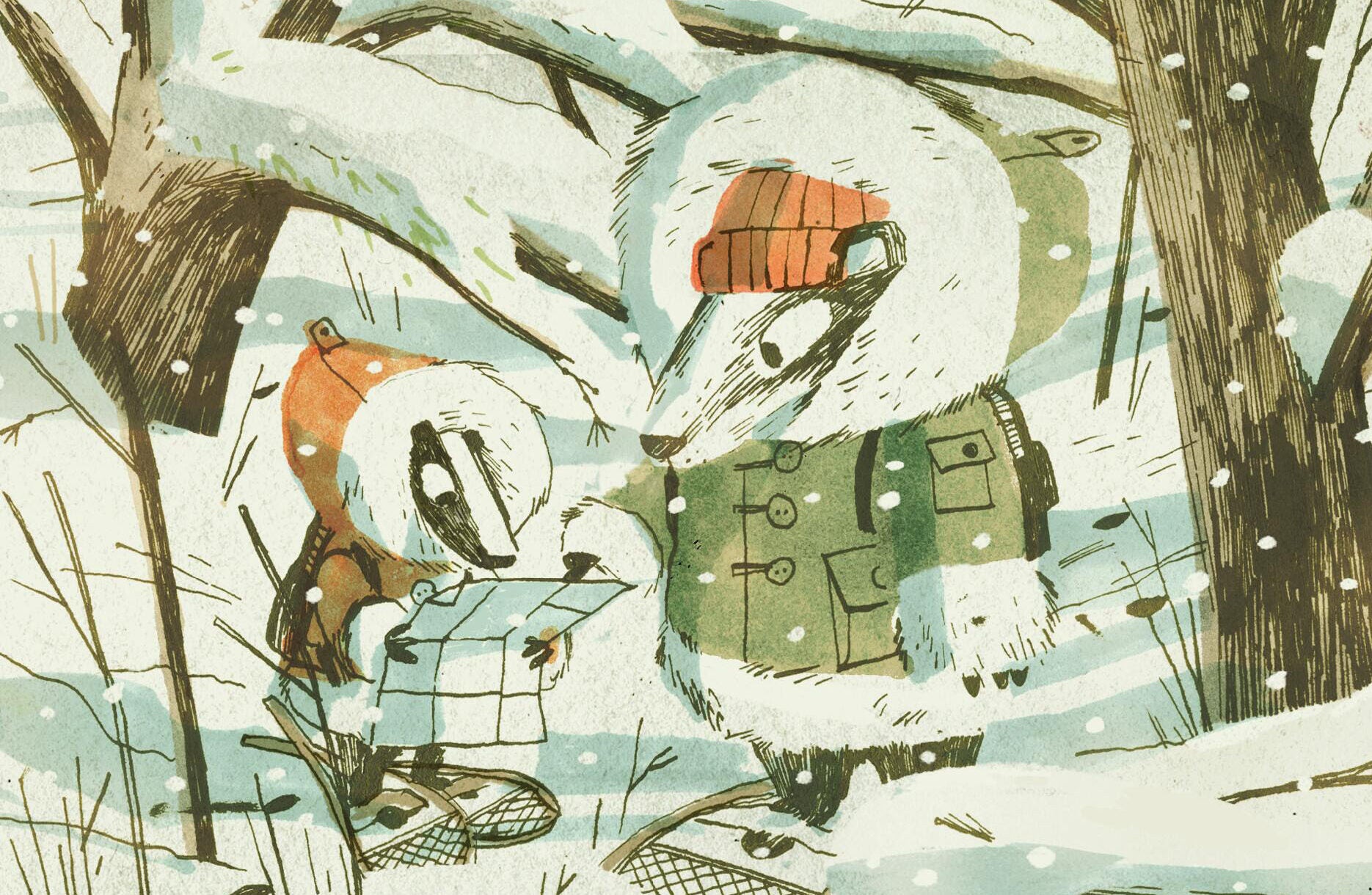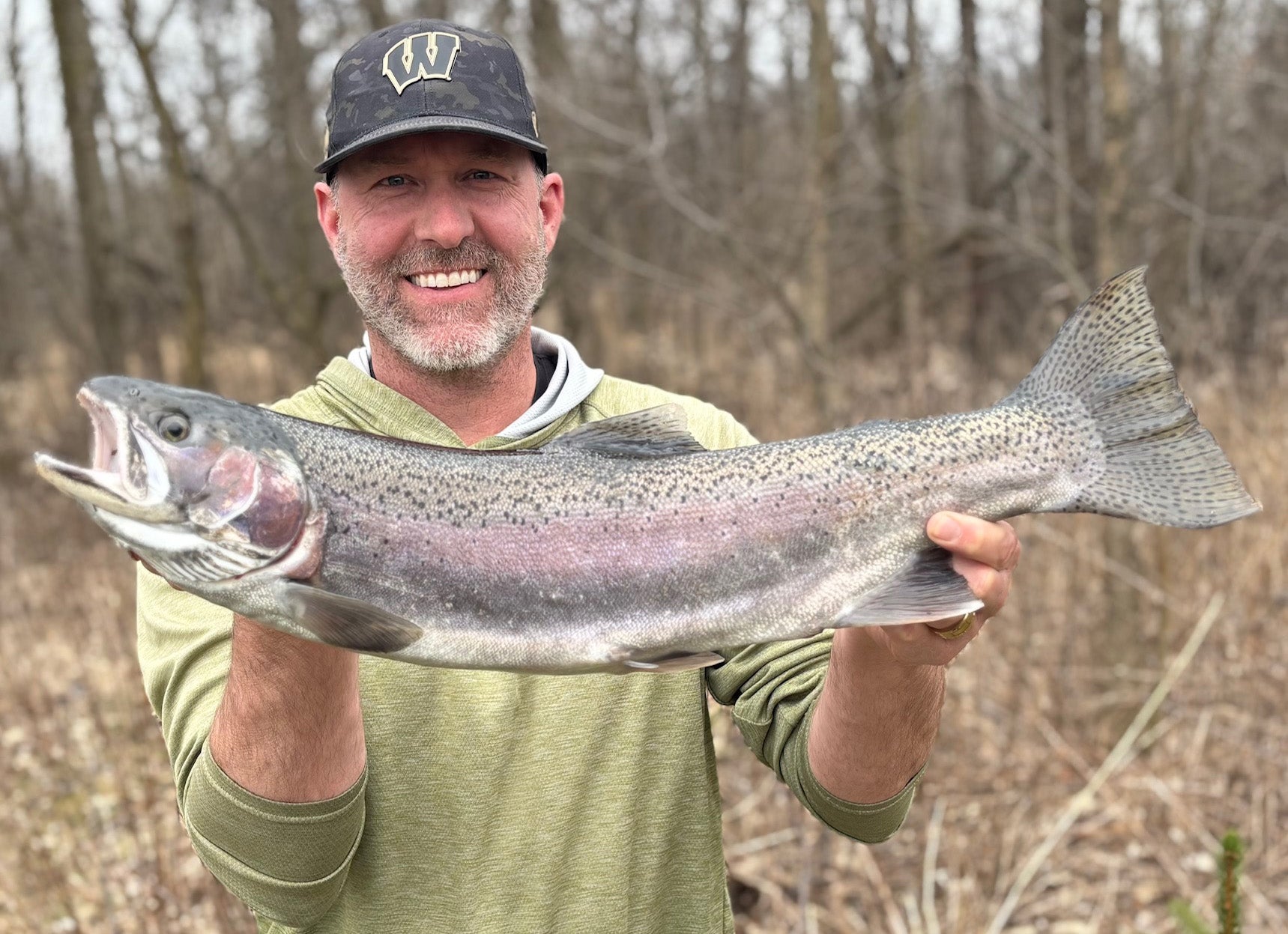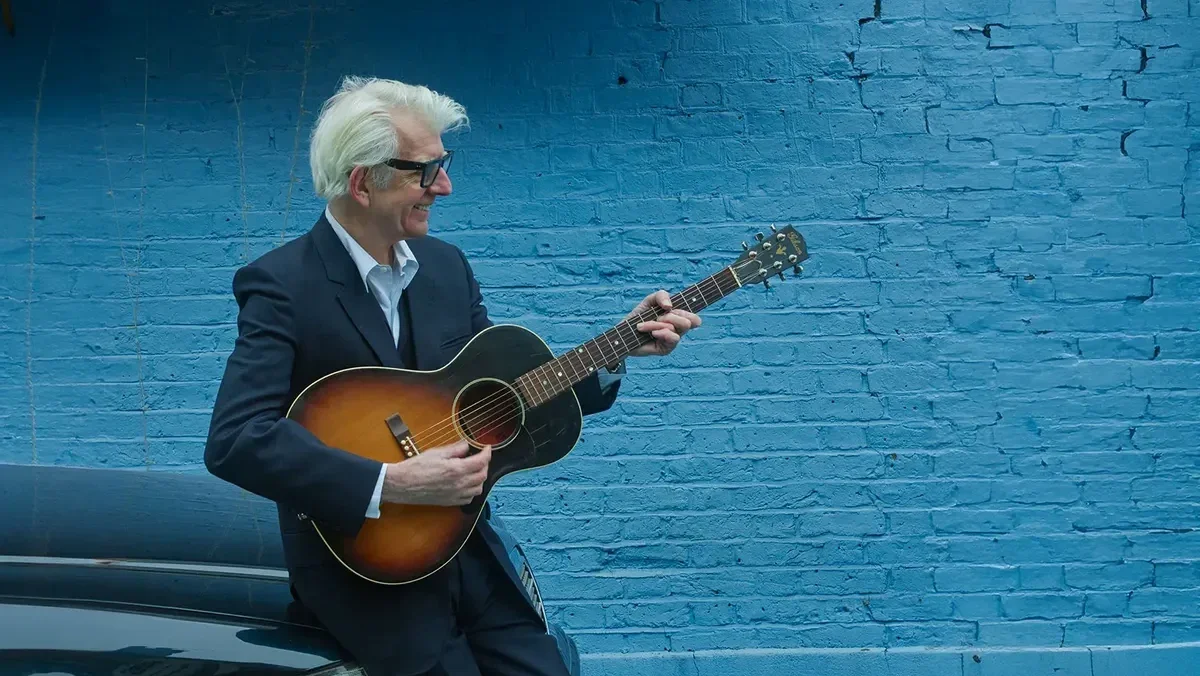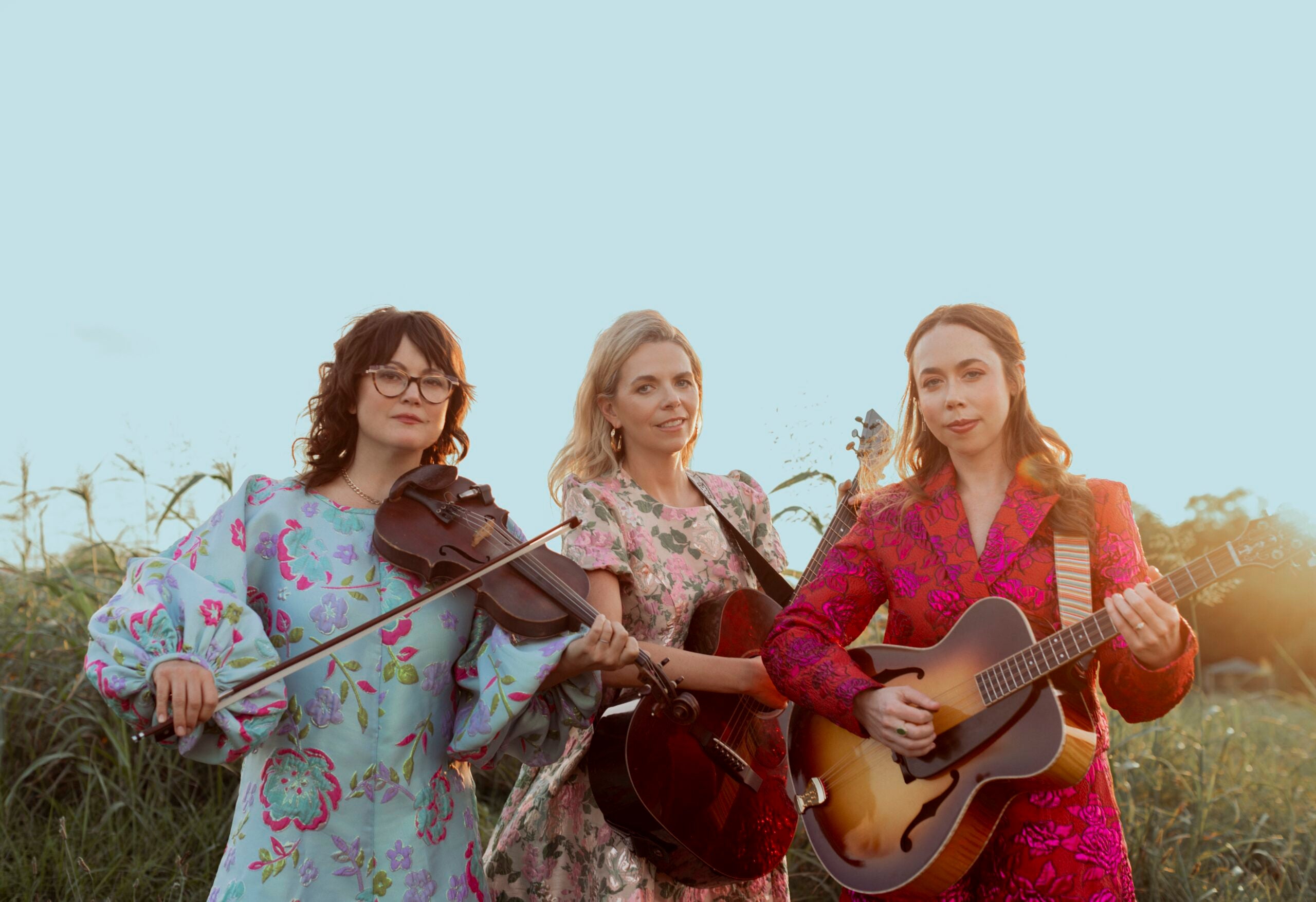There’s no place in this world where I’ll belong when I’m gone
And I won’t know the right from the wrong when I’m gone
And you won’t find me singin’ on this song when I’m gone
So I guess I’ll have to do it while I’m here
— “When I’m Gone” by Phil Ochs
Life is precious. If COVID-19 has taught us anything, it’s that truth. Whether by our own choices or circumstances beyond our control, our time on this Earth can feel fleeting. Phil Ochs’ time among us was fleeting as well, but he left a legacy of music that continues to reverberate even today.
And I won’t feel the flowing of the time when I’m gone
All the pleasures of love will not be mine when I’m gone
My pen won’t pour out a lyric line when I’m gone
So I guess I’ll have to do it while I’m here
News with a little more humanity
WPR’s “Wisconsin Today” newsletter keeps you connected to the state you love without feeling overwhelmed. No paywall. No agenda. No corporate filter.
Originally from El Paso, Texas, Ochs found his voice in the Greenwich Village folk scene of the early 1960s. Having dropped out of the Ohio State University, he made his way to New York City. He released his first album in 1964, “All the News That’s Fit to Sing,” and by 1966, he was selling out shows at Carnegie Hall.
Won’t see the golden of the sun when I’m gone
And the evenings and the mornings will be one when I’m gone
Can’t be singing louder than the guns when I’m gone
So I guess I’ll have to do it while I’m here
Ochs’ sound varied greatly, from just himself with a guitar to being accompanied by a full orchestra, but consistent throughout his music was a deep concern for the wider world and social justice. Often known as a protest singer, Ochs’ music touched on the Vietnam War, poverty, politics, and whatever was the headline event of the day.
All my days won’t be dances of delight when I’m gone
And the sands will be shifting from my sight when I’m gone
Can’t add my name into the fight while I’m gone
So I guess I’ll have to do it while I’m here
At the same time, Ochs’ music could be very personal or humorous. At one point, he even helped a pig “run” for president during the 1968 campaign. Still, there is a certain melancholic feel to Ochs’ music, portraying the despair he fought at different times in his life, both personal and societal. The chaos of the 1968 Democratic National Convention in Chicago was one such turning point for him. He even had a tombstone on the cover of his 1969 album, “Rehearsals for Retirement” that listed Chicago, Illinois 1968 as the date of his death.
And I won’t be running from the rain when I’m gone
And I can’t even suffer from the pain when I’m gone
Can’t say who’s to praise and who’s to blame when I’m gone
So I guess I’ll have to do it while I’m here
Ochs’ sister Sonny Ochs, a musician and radio host, relates another moment of despair on her website, which has a number of pages dedicated to her brother. There, she recounts the story of Phil being attacked while traveling in Dar es Salaam, Tanzania, and suffering damage to his singing ability. After that, she writes, “This event seemed to send him on a downward spiral.”
And I won’t breathe the bracing air when I’m gone
And I can’t even worry ’bout my cares when I’m gone
Won’t be asked to do my share when I’m gone
So I guess I’ll have to do it while I’m here
Still, Ochs remained engaged in many social issues, including the political situation in Chile at the time. He also continued to record and perform music, even reinventing himself in the vein of contemporary country artists and Elvis Presley. In 1975, he released the album, “Gunfight at Carnegie Hall,” recorded from a live performance there.
He eventually moved in with Sonny, and, experiencing bipolar disorder as well as alcohol and drug addictions, Ochs committed suicide on April 9, 1976 at the age of 35.
And I won’t be laughing at the lies when I’m gone
And I can’t question how or when or why when I’m gone
Can’t live proud enough to die when I’m gone
So I guess I’ll have to do it while I’m here
Ochs’ music was born during a turbulent time in our nation’s history, much like what we’re living through today. And he seemed to internalize that chaos in his own life, mourning what he saw as the loss of America’s potential. His life may have been fleeting and cut short, but his music continues to live on through the recordings of other artists like We Banjo 3, Joan Baez, and Neil Young. His songs from the days of the ’60s and ’70s stay with us because they speak to our days as well.
Wisconsin Public Radio, © Copyright 2025, Board of Regents of the University of Wisconsin System and Wisconsin Educational Communications Board.

